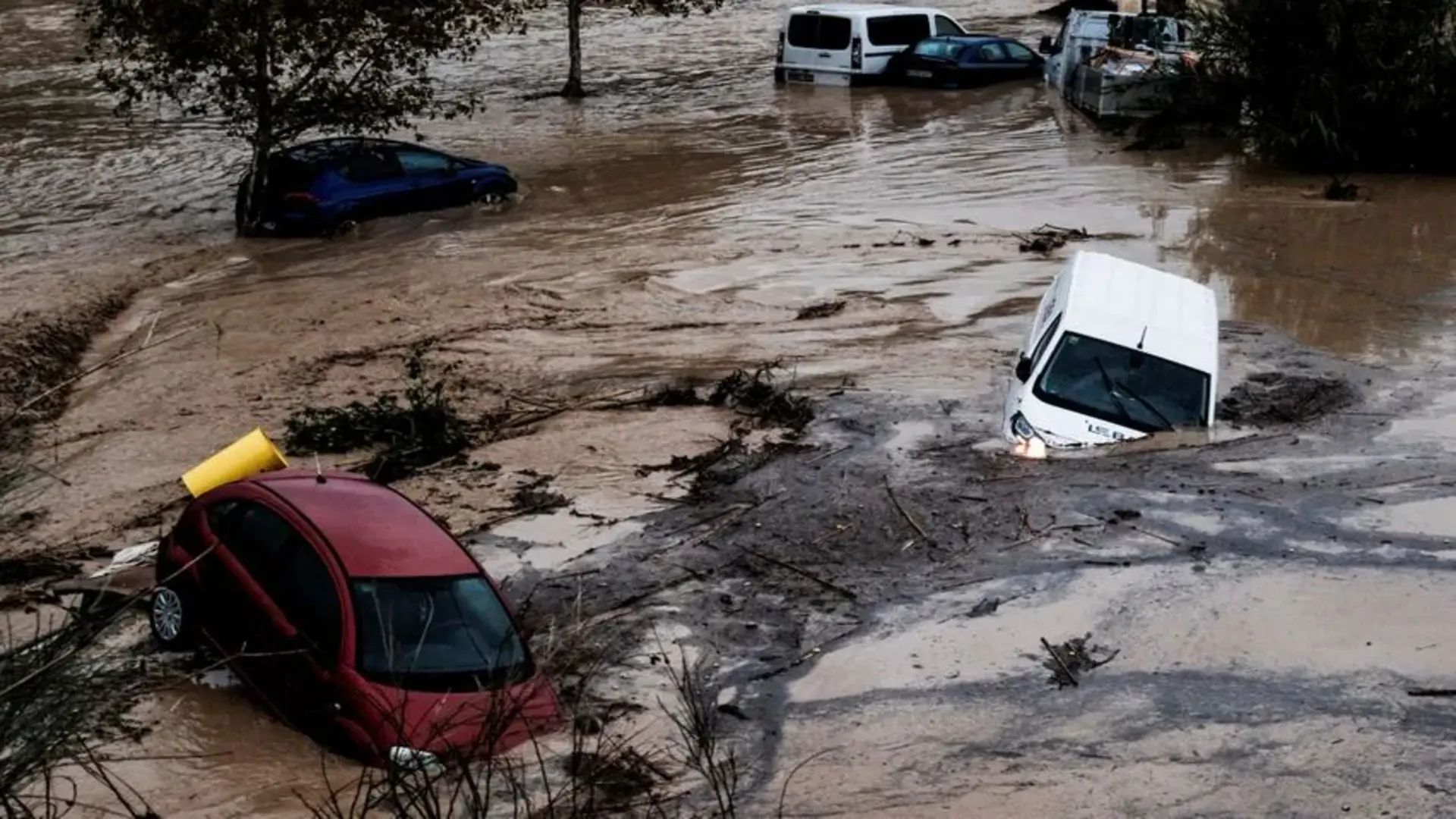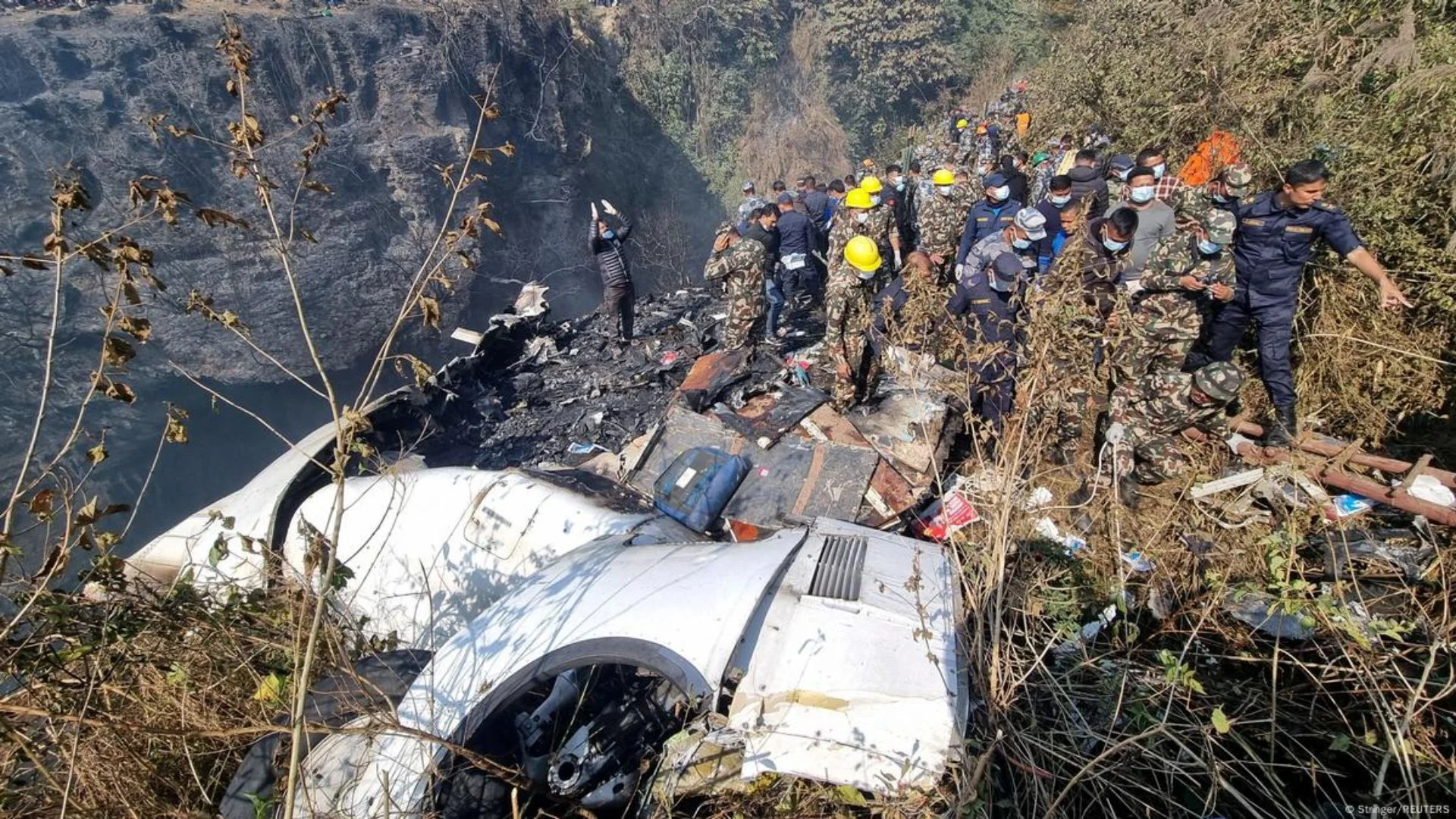At least 51 people have tragically died in Spain’s Valencia region after severe flash floods devastated the area on Tuesday. The intense rainfall, which is reportedly the heaviest seen in eastern Spain in decades, overwhelmed local infrastructure and swept away cars, uprooted trees, and turned streets into dangerous rivers.
Carlos Mazón, the regional President, addressed the crisis in a press conference, explaining the challenges emergency responders face in reaching all affected areas. “If the emergency services have not arrived, it’s not due to a lack of means, but a problem of access. Reaching some areas is ‘absolutely impossible,’” he stated, highlighting the severe accessibility issues due to flooded and destroyed roadways.
One of the hardest-hit areas is Utiel, a town in Valencia, where Mayor Ricardo Gabaldón described the ordeal as “the worst day of my life.” He recounted the desperate scenes, saying, “We were trapped like rats. Cars and trash containers were flowing down the streets. The water was rising to three meters.” The extreme flooding disrupted key transportation routes, blocking highways and rail lines, while submerged vehicles and floating debris further hindered movement and rescue operations.
A natural phenomenon called “cold drops” (DANA) — intense storms that commonly occur in the fall — brought this particular torrent. However, the sheer scale of this storm has been unprecedented. The State Meteorological Agency (AEMET) reported that Valencia experienced rainfall levels not seen since 1987, leading to these devastating floods. Videos circulating on social media captured terrifying moments as residents climbed trees and scrambled for safety to avoid being swept away.
In the aftermath, AEMET issued a red alert for Valencia and surrounding areas, urging residents to remain cautious as additional rains may be on the horizon. In response, schools and several essential services have been suspended in particularly affected zones. The national government has deployed over 1,000 soldiers and established a crisis committee to coordinate relief efforts across the region, marking one of the largest emergency responses in recent years. Train services connecting Valencia to major cities like Madrid and Barcelona remain suspended as officials work to clear debris and assess damages.
Also read: Uttar Pradesh: SP’s MP Not Invited To Ayodhya Deepostsav, Blasts BJP ‘Control’
These flash floods have had profound implications not only for residents but also for the region’s economy, particularly as Valencia plays a central role in Spain’s agricultural output. The current situation remains challenging, as emergency teams continue to work tirelessly to clear affected areas, rescue isolated individuals, and restore some level of normalcy amid the unprecedented destruction.







